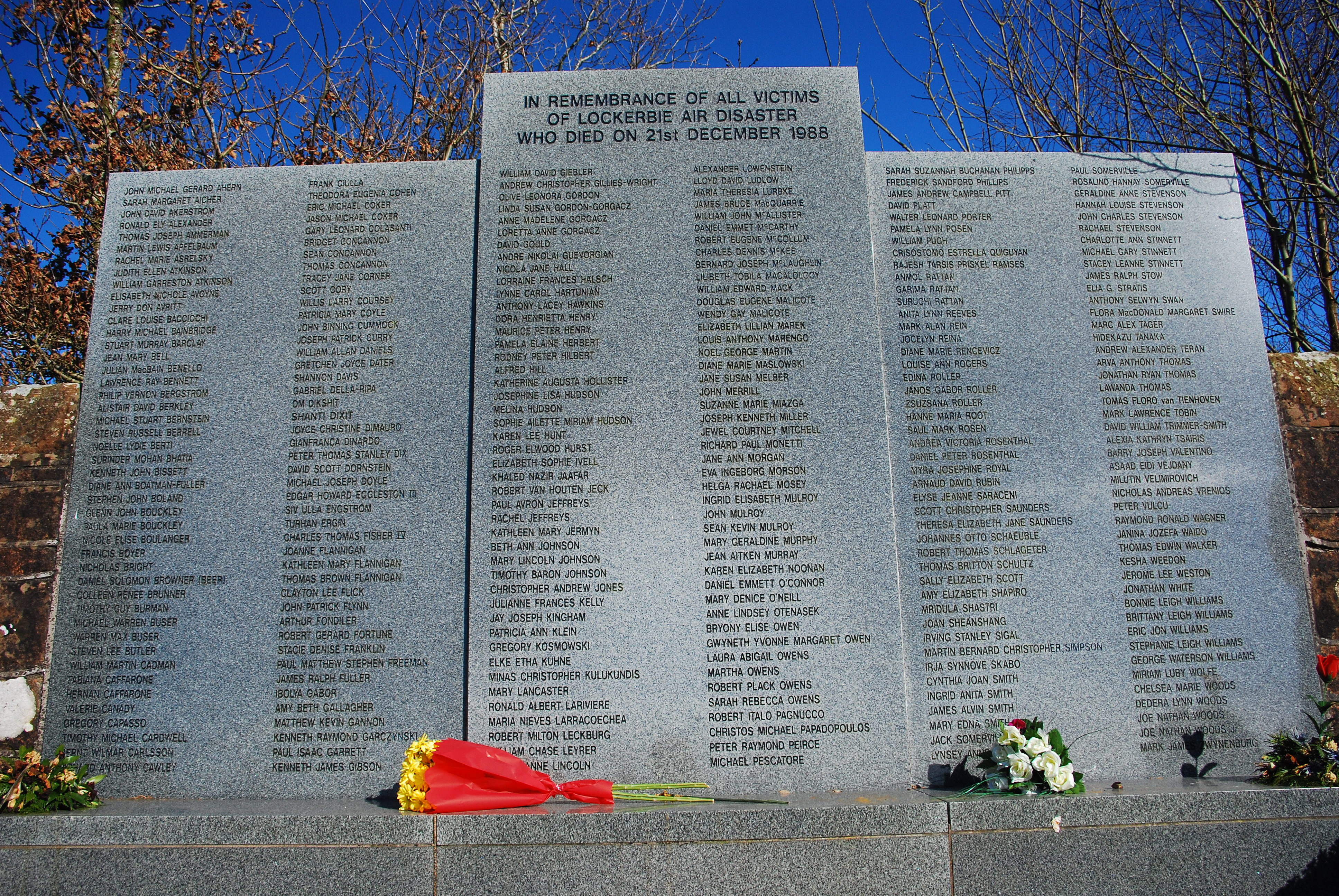Of course al-Megrahi shouldn’t have been released. Everyone with any instinct for justice knows that. The Libyan man convicted of responsibility for the death of 270 people after the bombing of Pan Am Flight 103 on 21 December 1988 (the Lockerbie Bombing) was sentenced to a minimum of 20 years imprisonment.
 That was just. In fact, some might argue that even such a sentence has an element of mercy in it; should he not have died for his crimes? Blood for blood, an eye for an eye, a life for a life? Some would argue that any society that bans the death penalty is already interested even more in mercy than in justice.
That was just. In fact, some might argue that even such a sentence has an element of mercy in it; should he not have died for his crimes? Blood for blood, an eye for an eye, a life for a life? Some would argue that any society that bans the death penalty is already interested even more in mercy than in justice.
A more cynical view of recent events suggests that releasing al-Megrahi was more about political relations with Libya (who do indeed have enormous oil reserves) than it was about any lofty notions of compassion. But the words that have been spoken about the case are mainly concerned with morality. Addressing the Scottish parliament, Justice Secretary, Kenny MacAskill said: “Our justice system demands that judgment be imposed but compassion be available. Our beliefs dictate that justice be served, but mercy be shown.”
Mercy, compassion, grace are all qualities that we aspire to, but don’t come easily. Revenge, domination, law-enforcement seem more natural human instincts. But who ever said what is natural is best? Surely human beings are both aware of the need for justice, but desperate for mercy, compassion and grace to triumph. Hence, our confusion over the al-Meghari release: naturally, instinctively, it seems unfair; aspirationally, spiritually, we are exhilarated and filled with some sense of higher rightness and goodness by it.
Nick Cave explores it all in his classic song, ‘The Mercy Seat’, where a prisoner on death-row faces his inevitable execution and compares the mercy seat of the Hebrew Bible—the place where a sacrifice to atone for sin is made—with the electric chair. “In Heaven His throne is made of gold/ The ark of his Testament is stowed/ A throne from which I'm told/ All history does unfold./ Down here it's made of wood and wire/ And my body is on fire/ And God is never far away.”
If anyone ever tells you rock music is inane and never about anything important, quote that back at them.
In the words of this Death Row inmate, Cave dramatises the dilemma of justice and mercy, within the Judaeo-Christian tradition. Christianity teaches that mercy and justice are tied together for God. God is never far away from the search for justice, for payment for wrongdoing, for trying to right a wrong. And God is never far away from providing the means of escape from justice, a path of mercy where those who deserve to be judged are set free from that judgement.
No-one wears an electric chair around their neck as a religious symbol, because it is always and only justice that is being done there. But around a third of the world thinks of an ancient instrument of cruel punishment, a wooden cross, as somehow liberating, because that is where justice and mercy meet.
Greg Clarke is Director of the Centre for Public Christianity
This article first appeared on ABC online


